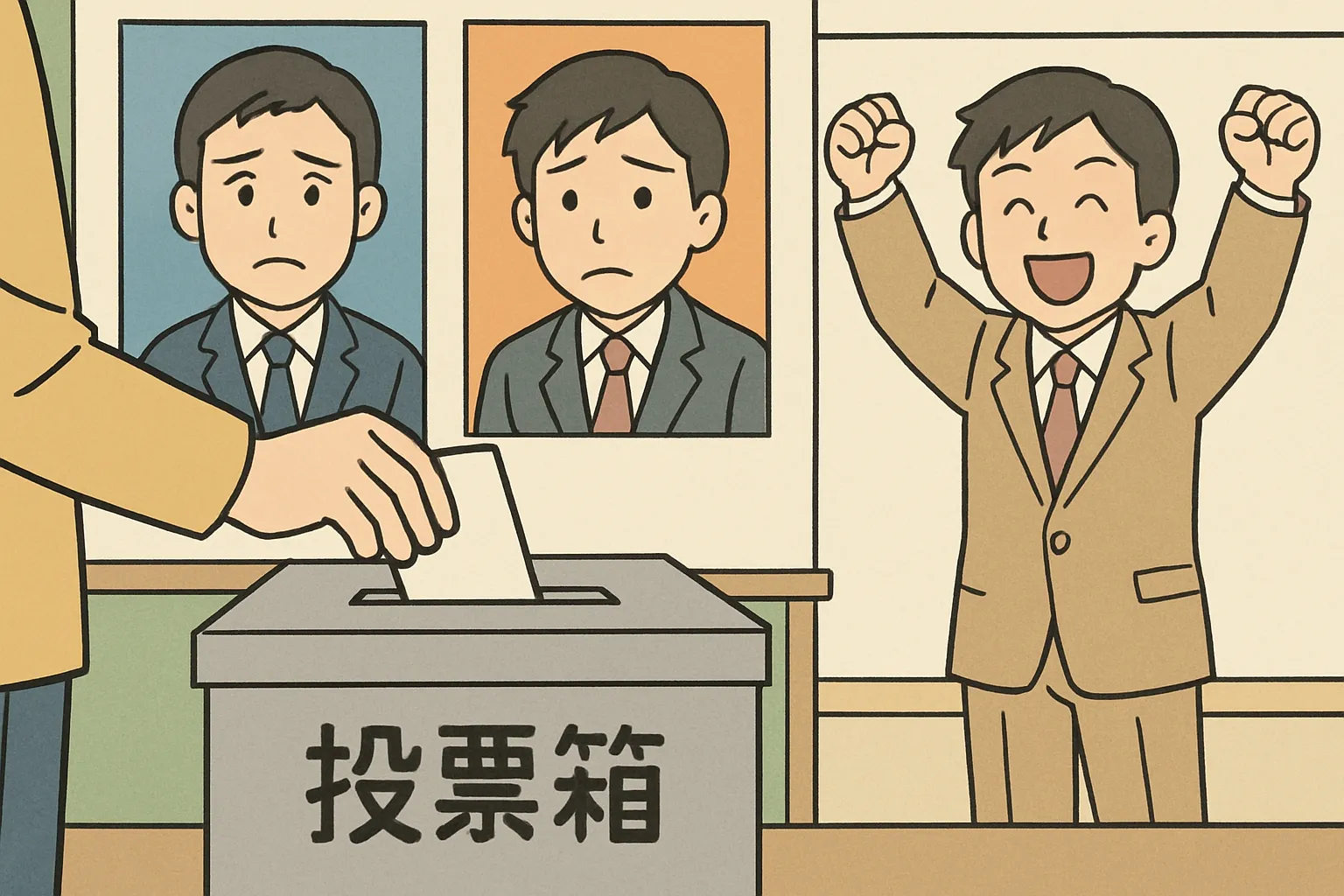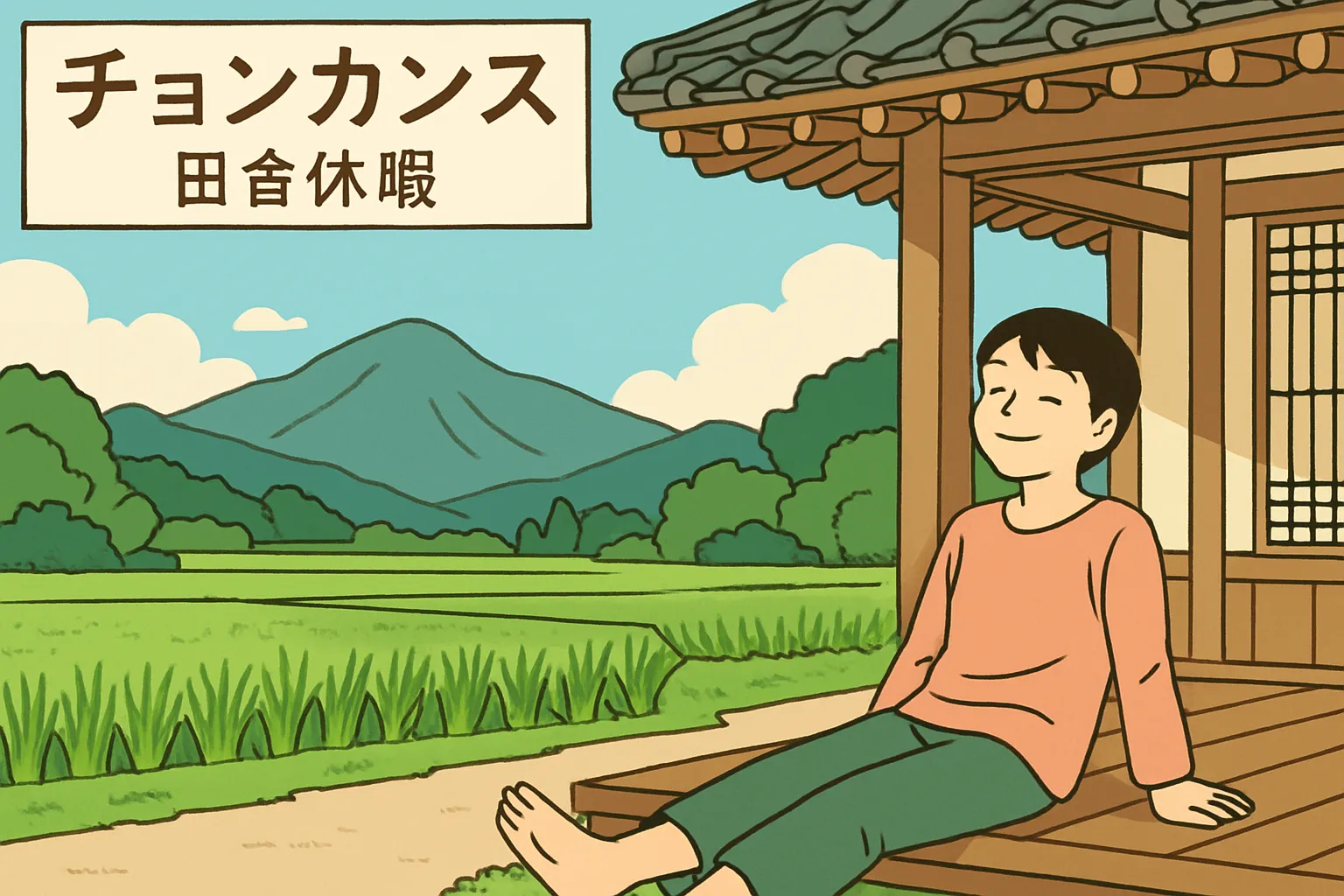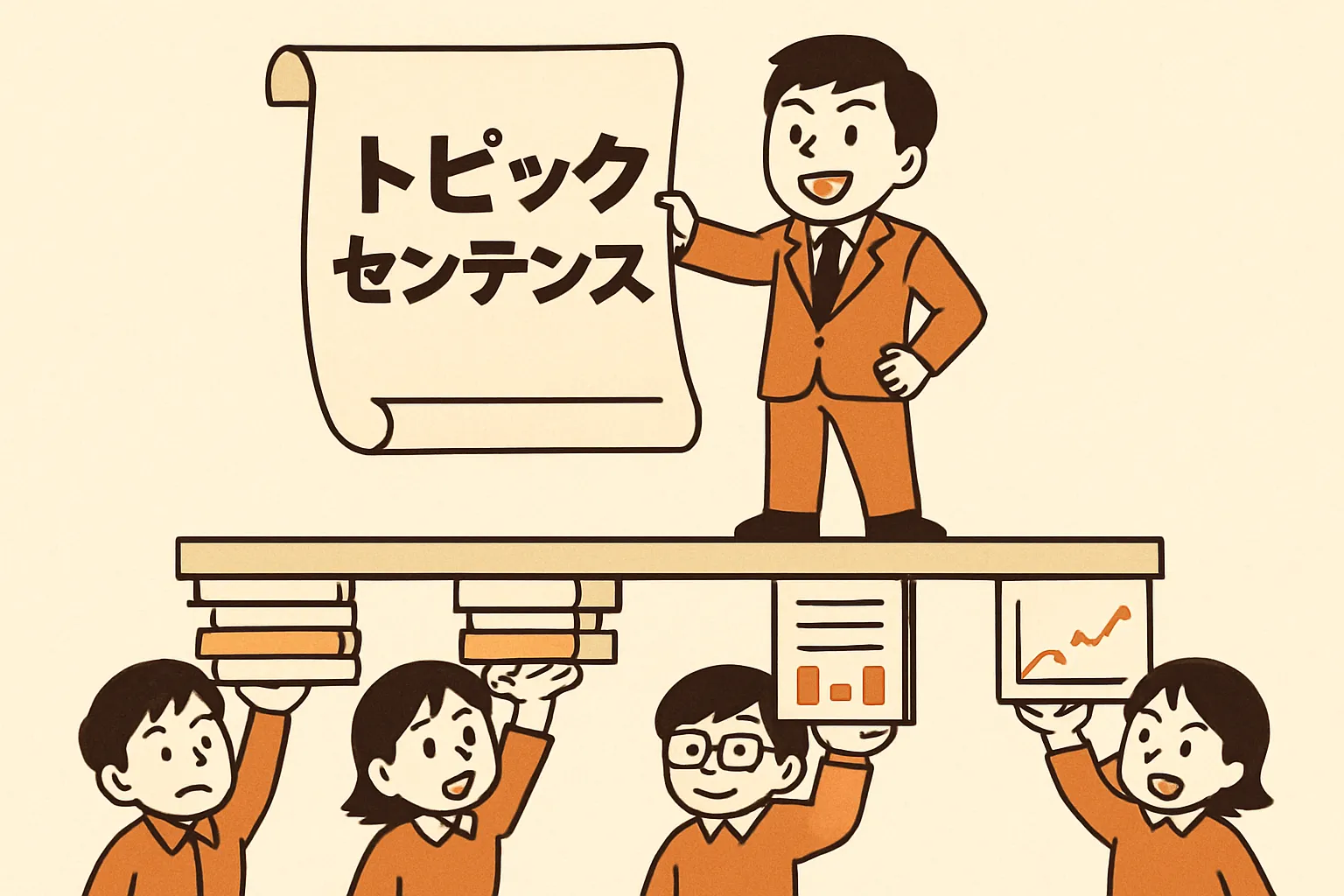Travel Green: Master Formal Korean Inquiries
Hello! Welcome back to [Maeil Hangeul], your guide to leveling up your Korean!
Are you a traveler who cares about the planet? Do you want to make sure your vacation choices align with your values? Today, we’re tackling a topic that’s both practical and incredibly relevant: how to write a formal inquiry letter in Korean to a resort about its sustainability policies.
These days in Korea, there’s a huge buzz around ‘가치 소비’ (gachi sobi – value-based consumption) and sustainable travel. More and more people, especially the younger generation, are choosing businesses that are environmentally and socially responsible. By learning how to ask about these policies, you’re not just practicing advanced Korean; you’re participating in a major cultural trend! Let’s dive in.
Core Expressions for Your Formal Inquiry
Here are the essential phrases you’ll need to sound professional and polite.
1. ~에 대해 문의 드리고자 합니다 (I am writing to inquire about…)
* Pronunciation [Romanized]: ~e daehae mun-ui deurigoja hamnida
* English Meaning: I am writing to inquire about…
* Detailed Explanation: This is the gold standard for opening a formal inquiry email or letter. It’s a highly polite and professional set phrase.
* ~에 대해 means “about” or “regarding.”
* 문의 means “inquiry.”
* 드리고자 합니다 is a combination of the humble verb 드리다 (to give, humble form of 주다) and the grammatical structure -고자 하다 (to intend to), making it a very respectful way to state your purpose.
2. 귀사 (Your esteemed company)
* Pronunciation [Romanized]: Gwi-sa
* English Meaning: Your (esteemed) company
* Detailed Explanation: In formal business correspondence, you never use words like 너의 회사 (your company). 귀사 (貴社) is the proper, honorific term used when referring to the recipient’s company. Using this word immediately signals that you understand formal Korean business etiquette.
3. 지속가능성 정책 (Sustainability policy)
* Pronunciation [Romanized]: Ji-sok-ga-neung-seong jeong-chaek
* English Meaning: Sustainability policy
* Detailed Explanation: This is the key term for our topic. Let’s break it down: 지속가능성 (sustainability) + 정책 (policy). You might also see related terms like 친환경 정책 (eco-friendly policy) or ESG 경영 (ESG management), which is a huge buzzword in the Korean corporate world right now.
4. 구체적인 방안 (Specific measures / concrete plans)
* Pronunciation [Romanized]: Gu-che-jeo-gin bang-an
* English Meaning: Specific measures / concrete plans
* Detailed Explanation: When you inquire, you want more than just a vague answer. This phrase helps you ask for details. 구체적이다 means “to be specific or concrete,” and 방안 means “a plan or a measure.” Use this to ask how they are implementing their policies.
5. 회신을 기다리겠습니다 (I look forward to your reply)
* Pronunciation [Romanized]: Hoe-sin-eul gi-da-ri-get-sseum-nida
* English Meaning: I look forward to your reply.
* Detailed Explanation: This is a standard and polite way to close your letter. 회신 (回信) is a formal word for “reply” or “response.” The ending -겠습니다 conveys a polite and firm intention, perfect for a formal context.
Example Inquiry Letter
Let’s see how these expressions work together in a realistic email to a resort.
Subject: [문의] 제주 매일 리조트 지속가능성 정책 관련 문의
To: 제주 매일 리조트 담당자님께 (To the person in charge at Jeju Maeil Resort),
안녕하세요.
저는 다음 달 제주 여행을 계획 중인 투숙객입니다.
여행을 준비하며 귀사의 친환경 운영 방침에 깊은 인상을 받았습니다.
이에 귀사의 지속가능성 정책에 대해 몇 가지 문의 드리고자 합니다.
특히, 일회용품 사용 절감 및 지역 사회와의 상생을 위해 어떠한 구체적인 방안을 실행하고 계신지 알 수 있을까요?
바쁘시겠지만 답변해 주시면 숙소 선택에 큰 도움이 될 것 같습니다.
그럼, 회신을 기다리겠습니다.
감사합니다.
김민준 드림
Culture Tip & Trend Deep Dive
The Rise of the ‘Conscious Traveler’ in Korea
The letter above isn’t just a language exercise; it reflects a real shift in Korean society. The “MZ Generation” (a combination of Millennials and Gen Z) is leading the charge in ‘가치 소비’ (value-based consumption). They actively spend their money on brands that align with their values, whether it’s buying from eco-friendly brands or choosing hotels that practice sustainability.
Many popular destinations, like Jeju Island, now feature resorts that heavily advertise their green initiatives—from using renewable energy to sourcing food from local farms. When you write an inquiry like this, you’re not seen as a demanding customer. Instead, you’re seen as an informed and “conscious” consumer (의식 있는 소비자), which is a very positive image in Korea today. Knowing this context makes your Korean communication far more powerful and culturally fluent!
Pro Tip: When you write a formal Korean email, always address it to ‘OOO 담당자님께’ (To the person in charge of OOO) if you don’t know a specific person’s name. It’s the professional standard.
Wrap-up & Practice Time!
Today, we learned how to professionally inquire about a company’s sustainability policies, a skill that’s perfect for advanced learners who want to engage with contemporary Korean social issues.
Now, let’s test your knowledge!
- Fill in the blank:
에너지 절약 정책에 대한 (______________) 방안을 알려주시면 감사하겠습니다.
(I would be grateful if you could inform me of the _________ plans for the energy-saving policy.) -
Sentence Building:
Imagine you are closing your email. How would you politely say, “I will wait for your reply regarding the policy”?
(Use the words: 정책, 대한, 회신을, 기다리겠습니다)
Great job today! You’re now equipped to be a responsible traveler and an advanced Korean communicator. Why not try writing your own short inquiry using today’s expressions? Leave your practice sentences in the comments below!






